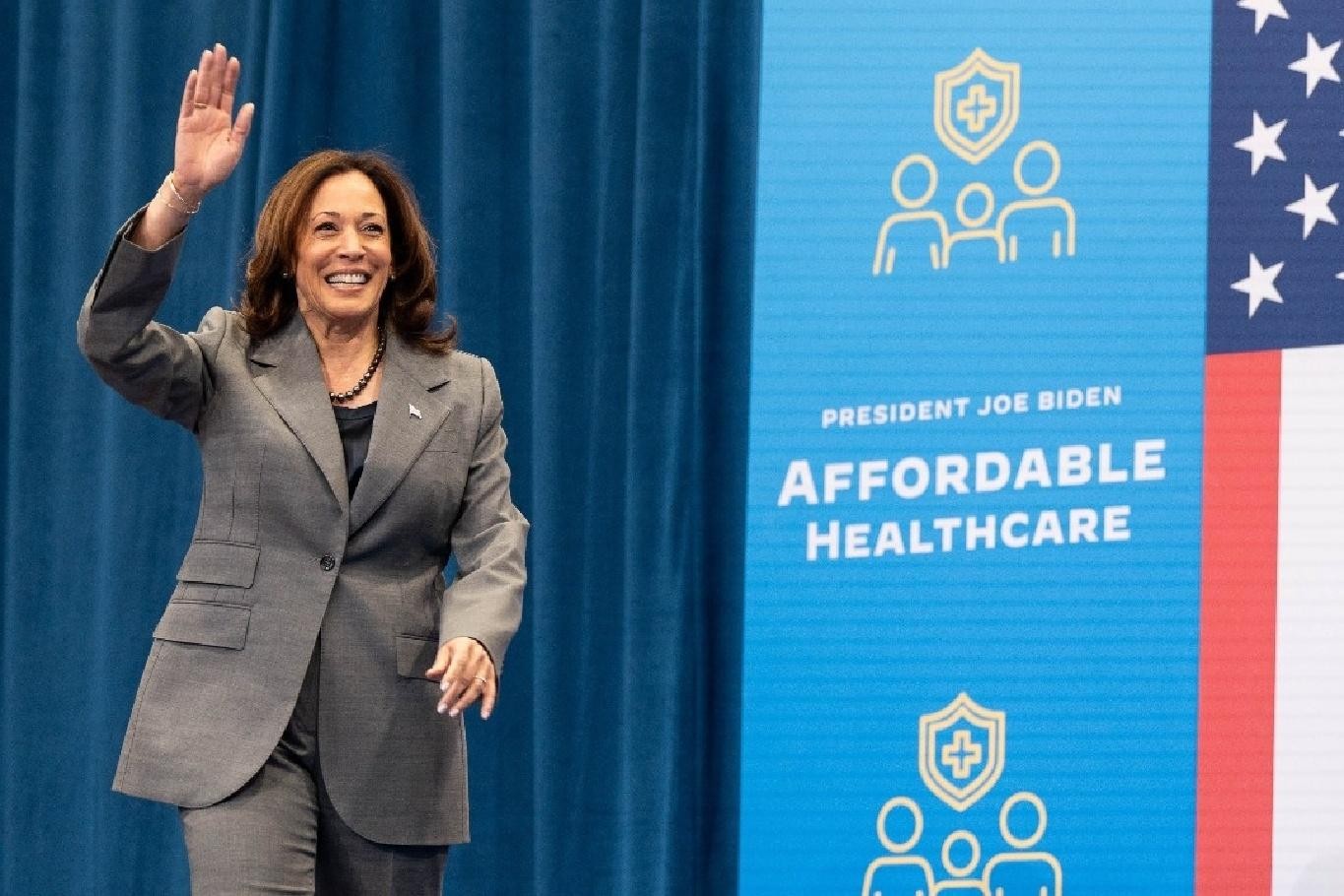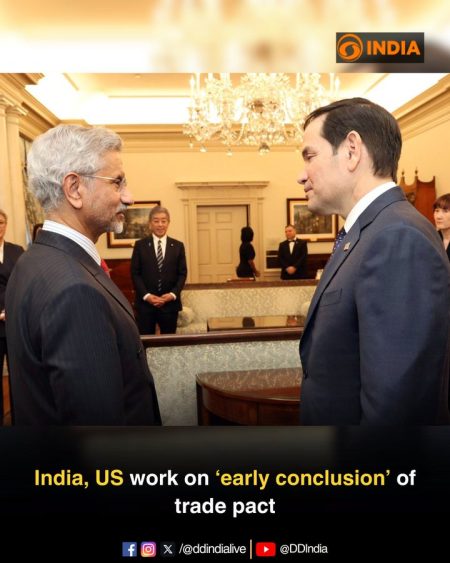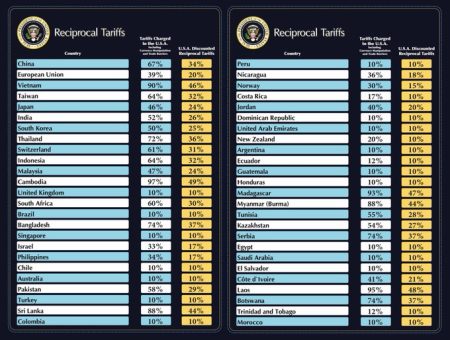
Kamala Harris’s rise as the presumptive Democratic presidential nominee is a historic milestone, reflecting the significant contributions of Indian-Americans in U.S. politics. Born to a Jamaican-American father and an Indian-American mother, her achievement highlights the growing influence of these communities.
Indian-Americans have long been making their mark in politics, serving as governors, senators, congresspeople, and in various high-level government positions. Although they comprise less than 2% of the U.S. population, they have attained significant roles, including the surgeon general, key positions in the U.S. Department of Treasury, the Federal Reserve, and the head of the White House Office of Science and Technology Policy.
Kamala Harris’s emergence as a major party presidential candidate signals that Indian-Americans are now active participants in shaping the nation’s future. In the Republican Party, Nikki Haley is a prominent voice, and Vivek Ramaswamy has influenced the party’s policies and rhetoric. On the Democratic side, Representative Ro Khanna of California is seen as a rising star, and Representative Pramila Jayapal is a leading voice on the liberal side.
These leaders successfully balance their dual identity, embracing both their Indian heritage and American citizenship. Their ability to assimilate while maintaining their cultural roots has been crucial to their success. This duality allows them to bring diverse ideas and solutions, enriching political discourse and promoting inclusive governance.
The fluid and accepting nature of Anglo-Saxon societies facilitates this assimilation without cultural loss. Outside extreme political views, America is becoming more diverse and integrated, with increasing interracial marriages. This welcoming environment allows Indian-Americans to comfortably step into public roles while embracing their roots.
This trend is also seen in other countries with strong Indian communities and welcoming national cultures. In the U.K., Indian-origin politicians like Rishi Sunak and Priti Patel play significant roles. In Ireland, Leo Varadkar, of Indian descent, serves as the Tánaiste and has previously been the Taoiseach.
The backlash against immigrants in some European countries highlights the consequences of poor assimilation. However, Indian communities have shown an exceptional ability to integrate, embracing the values of their adopted countries without creating social unrest.
Assimilation does not mean abandoning one’s heritage. Successful Indian politicians, like Rishi Sunak and Vivek Ramaswamy, celebrate their roots while embracing new cultural norms. Their success demonstrates that immigrants can achieve remarkable success by hard work, education, and a willingness to embrace new values. This journey of assimilation and enhancement offers valuable lessons for all in a divided world.









